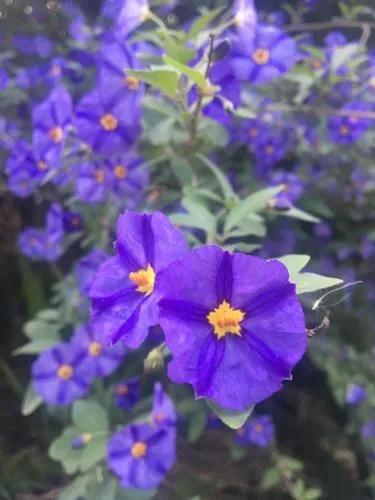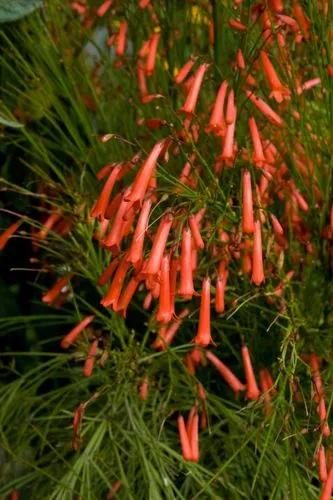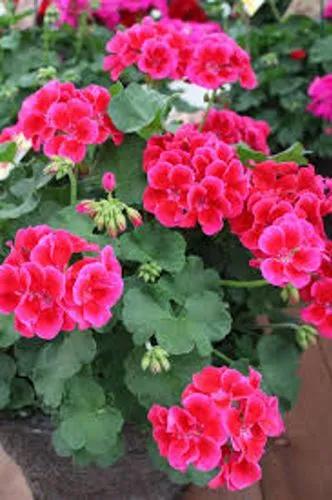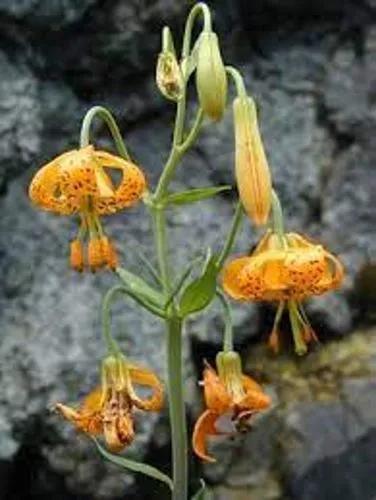Regarded as one of the finest weeping cherries, Prunus pendula 'Pendula Rosea' is a small deciduous tree forming a broad crown of long, gracefully arching pendulous branches. Opening from deep rosy-pink buds, small, single clear pink flowers appear in late winter to early spring before the leaves emerge. Held in drooping clusters of 2-5 blooms, they give a charming see-through effect. They are followed by small pea-sized black fruits which are inedible. As the flowers wane, the ovate, dark green leaves emerge and create a fresh summer canopy before warming up to brilliant shades of orange and red in fall.
Weeping Cherry Tree Care
Prunus Pendula



How to Care for the Plant

Water

Weeping cherry trees require around 80-gallons of water every week to thrive. We recommend watering two to twice a week during warm weather. However, it's essential to let the soil dry out between waterings to prevent the onset of root rot.

Pruning

Both grafted and natural cherry trees should be pruned in early spring or late fall when the tree is still dormant. When starting your weeping cherry pruning, there should be no flowers or leaves open on the tree.

Fertilizer

Fertilize the tree with a slow-release fertilizer in early spring just as new leaves begin to bud. One of the best slow-release fertilizers is compost, but you can also use commercial products labeled for flowering trees and shrubs

Sunlight

Weeping cherry trees require a location with full sun exposure. This means the tree needs at least six hours of direct sunlight each day. Cherry trees tolerate light shade, but the amount of flowers will be reduced when they grow mainly in shade.

Soil

Weeping cherries grow and bloom best in full sun, but they tolerate light shade. Well-drained soil is essential in the care of weeping cherries, especially to prevent rot. Good air circulation around the canopy of the tree is important and helps prevent diseases.

Temperature

The Weeping Cherry is drought tolerant, heat tolerant and stands up to snow and ice, but ifyou experience temperatures below -10 degrees in your area, use a frost blanket to protect your tree.

Container

Plant your weeping cherry tree in a pot with drainage holes. It should hold at least 1 gallon of soil for trees that will be cultivated as bonsais. If you want to grow a full-sized cherry tree, choose at least a 20-gallon pot. Use sterilized potting soil that is designed for use with flowering plants.

Additional

Weeping cherry trees contain toxic substances known as cyanogenic glycosides, which cause plant poisoning symptoms. Weeping Cherry, Weeping Spring Cherry (Prunus pendula) Prunus pendula is an ornamental weeping cherry tree that has been cultivated in Japan for many centuries. Their slender and flexible branches lead them to gracefully weep, sometimes almost kissing the ground. Once developed, the branches become firm and stiff.

Popularity

771 people already have this plant 109 people have added this plant to their wishlists
Discover more plants with the list below
Popular articles






